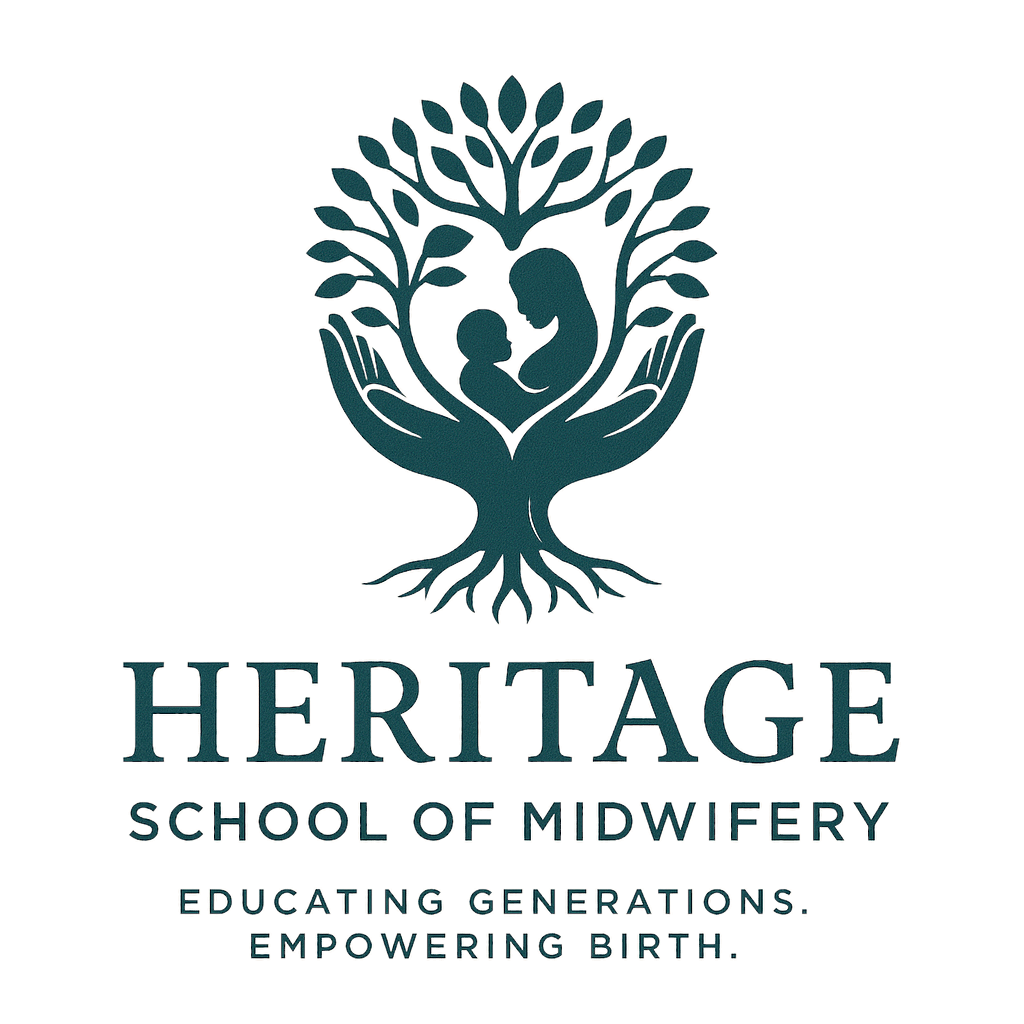Heritage School of Midwifery
-
Welcome to Heritage School of Midwifery Learning Management System! Lets Moodle your way through Midwifery!

Click to Login Here to access your courses
Welcome to Heritage School of Midwifery Learning Management System! Lets Moodle your way through Midwifery!

Click to Login Here to access your courses